Education: Jewish Education
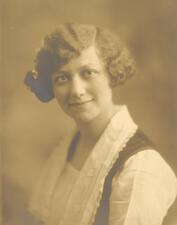
Rose (Berman) Goldstein
An early advocate of increased rights and responsibilities for women in Jewish life, Rose Goldstein was a prominent leader in the National Women’s League of the United Synagogue of America. She published a book detailing her relationship between scripture and her own self-understanding in 1972.
Rivke Savich Golomb
Rivke Savich Golomb was an educator and Yiddishist who taught at Jewish schools in Warsaw, Palestine, Canada, and Mexico over the course of her career. She and her husband established Nuevo Colegia Israelita I. L Peretz in Mexico in 1950. Their “golombist” philosophy was based around integrating Yiddishkait into a humanist Jewish world.
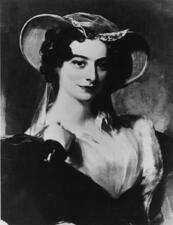
Rebecca Gratz
Angèle Guéron
Angèle Guéron was an educator in Edirne, once an important city in the late Ottoman Empire, now a border town in northwestern Turkey. The eloquent journal she kept during the Balkan Wars (1912-1913) provides a rare glimpse of life in a besieged Ottoman city and the struggles of a Sephardi Jewish woman against a conservative communal patriarchy.
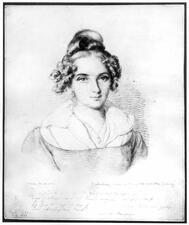
Habsburg Monarchy: Nineteenth to Twentieth Centuries
Jewish women in the Habsburg Monarchy experienced the stresses and strains of nineteenth- and twentieth-century Jewish life as Jews, as women of their particular social classes, and as inhabitants of the different regions of the Monarchy. In some regions, they modernized and acculturated, but the overwhelming majority remained deeply pious, traditional Jews.
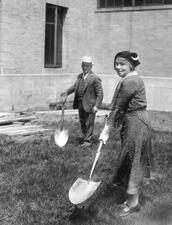
Hadassah in the United States
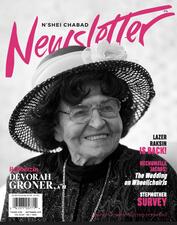
Hasidic Women in the United States
Hasidism
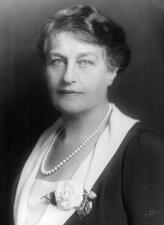
Hebrew Teachers Colleges in the United States
Jewish education in the United States was always the preserve of women on the “front lines” and in the classroom. In the early days of these programs, men “ran the show,” but beginning in the mid-twenteith century, women began to take on increasing roles as faculty members and administrators. In the early twenty-first century, women ascended to leadership positions in these institutions.
Leah Horowitz
International Council of Jewish Women
The International Council of Jewish Women (ICJW) is a Jewish women's organization established at the beginning of the twentieth century, which evolved with the needs and events over time. As a women’s NGO, ICJW participates in a variety of projects promoting women’s rights and human rights, motivated by its roots in Judaism.
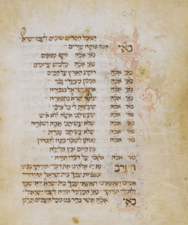
Early Modern Italy
A study of the role of Jewish women in household formation, the household, and household dissolution, as well as their engagement in Jewish culture in early modern Italy, raises the question of how much of Jewish practice reflected the context of the surrounding society and how much engaged options in traditional Jewish practices, which were selected to meet their own needs. Despite the wealth of information about some well- known women and reports of the activities of many unnamed women, Jewish women, like Christian women, still functioned in the context of women and the period does not represent a Renaissance for women.
Janie Jacobson
Combining her Jewish background with her skill and penchant for writing, Janie Jacobson succeeded as a biblical playwright in the early twentieth century. The children’s plays she authored were performed nationally. In addition to being an accomplished writer, she was a talented musician and involved in Jewish social activism.
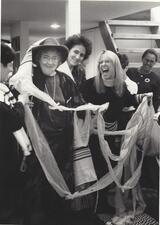
Jewish Feminism in the United States
Challenging all varieties of American Judaism, feminism has been a powerful force for popular Jewish religious revival. The accomplishments of Jewish feminists have transformed American Jewish life, even as the ultimate goal of gender equity and shared power has yet to be fully realized.
Roza Shoshana Joffe
Roza Shoshana Joffe was a teacher who made Aliyah from the Ukraine, determined to establish a school for girls in Palestine. After many years teaching in Jaffa, she left the city for a village near the Sea of Galilee, where she bought and operated her own farm and hoped to open a school for farmers’ daughters.
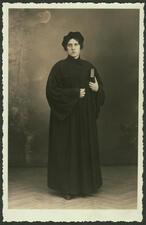
Regina Jonas
Regina Jonas longed to become a rabbi for most of her life, and despite significant obstacles, was ordained in 1935. As the first ordained female rabbi, she worked in Berlin until her deportation to Theresienstadt, where she continued to preach, teach, and inspire her fellow inmates until her final deportation to Auschwitz.
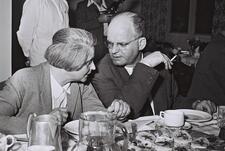
Senta Josephthal
Senta Josephthal was German-born Zionist activist who was particularly influential in the kibbutz movement. She trained and recruited young Germans to the movement and represented the kibbutz movement in national organizations and political arenas after emigrating to Palestine.
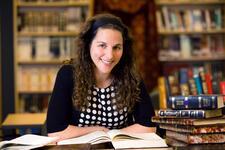
Lila Kagedan
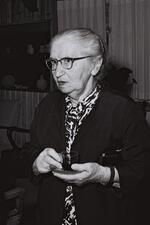
Rahel Katznelson
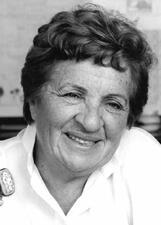
Shulamith Katznelson
Shulamith Katznelson helped make Israel a home for a wider range of people as both a pioneer of Hebrew-immersion programs and an advocate for Israeli-Palestinian dialogue.
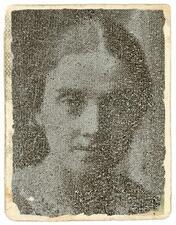
Helene Khatskels
As a member of the General Jewish Workers’ Bund, Helene Khatskels fought to realize socialist ideals about autonomy and liberation. As a Yiddish teacher and writer in Tsarist Russia and later the Soviet Union, she demonstrated a commitment to spreading and inspiring pride in Yiddish culture.
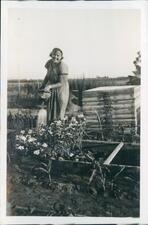
Kibbutz Ha-Dati Movement (1929-1948)
Beginning in 1929, the religious kibbutz (Kibbutz Ha-Dati) movement represented the confluence of progressive ideals of equality and collectivism and traditional customs of Judaism. As a result, women in the movement lived at a crossroads.
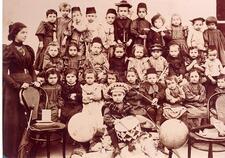
Kindergartens in Palestine: First and Second Aliyah (1882-1914)
Hebrew-language education of the youngest Jewish residents of Palestine was considered key to the continued success of the Zionist movement. The women who taught in these kindergartens, established during the First and Second Aliyah, demonstrated their dedication to the movement and became essential to its success.
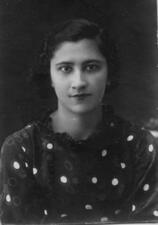
Leike Kogan
Lía Gilinski de Kogan, known as Leike Kogan (1911-2001), was a prominent activist in the Yiddisher Kultur Farband (YKUF/ ICUF) and its women's movement (Organización Femenina del ICUF, OFI), linked to the Yiddish-speaking section of the Argentine Communist Party. She stood out as a leader and teacher in the schools belonging to this network.
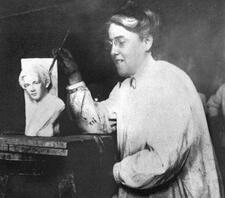
Rose Kohler
Rose Kohler was a multitalented woman who was known as an accomplished painter and sculptor. She was a teacher in, and later the chair of, the National Council of Jewish Women’s religious schools in Cincinnati, Ohio, and wrote many articles on art and religion.


